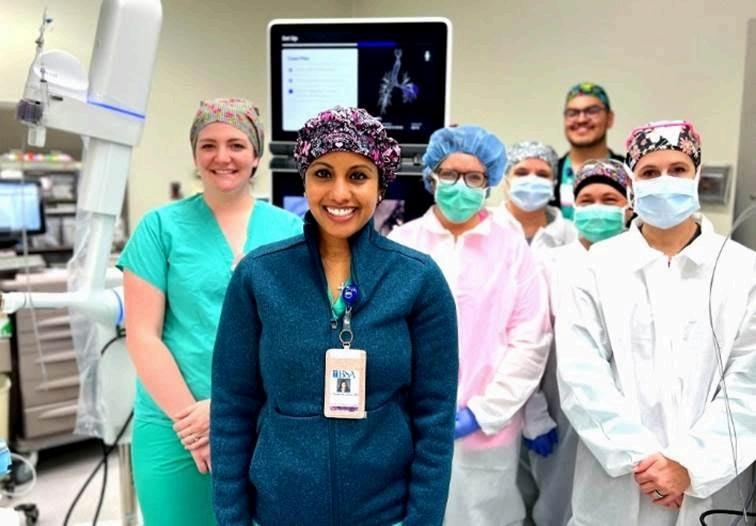The Impact of Medical Missions on Global Health and Well-Being by Dr. Shamini Parameswaran

As explained by Dr Shamini Parameswaran, Medical missions are transforming the landscape of global health by bringing essential healthcare services to some of the most vulnerable populations. These missions are organized efforts by healthcare professionals, volunteers, and non-profit organizations aimed at providing medical care in areas where health resources are scarce or non-existent By offering treatment, education, and support, medical missions play a pivotal role in improving the health and well-being of communities worldwide.
In many developing countries, healthcare access is a significant challenge In rural or impoverished areas, medical facilities are often insufficient or poorly equipped, leaving individuals without the care they need Medical missions help bridge this gap by traveling to these underserved locations and providing free medical services. Whether it’s treating common illnesses, performing surgeries, or offering vaccinations, these missions are a lifeline for many who would otherwise go without care
One of the main advantages of medical missions is their ability to deliver specialized care In many regions, access to advanced medical treatment is limited, and many people live with conditions that are treatable but remain untreated Medical missions bring specialized doctors, dentists, and surgeons to these areas, offering life-changing services such as eye surgeries, dental care, and maternal health support. These services not only save lives but also improve the quality of life for many individuals in need
In addition to medical care, medical missions emphasize health education as a key component Volunteers often teach local communities about preventive care, hygiene, nutrition, and how to manage chronic conditions. This education empowers individuals to make informed decisions about their health, helping reduce the prevalence of preventable diseases and improve long-term health outcomes
Furthermore, medical missions help strengthen local health systems by providing training and resources to healthcare workers in the area. Volunteers often work alongside local medical staff, offering guidance and sharing best practices This collaboration improves the capacity of local healthcare workers to continue providing quality care even after the mission has ended
Medical missions have a lasting impact on global health They provide critical medical care, promote health education, and contribute to the growth and sustainability of local healthcare systems. Through these efforts, medical missions are helping to create healthier communities and make the world a better place for all
